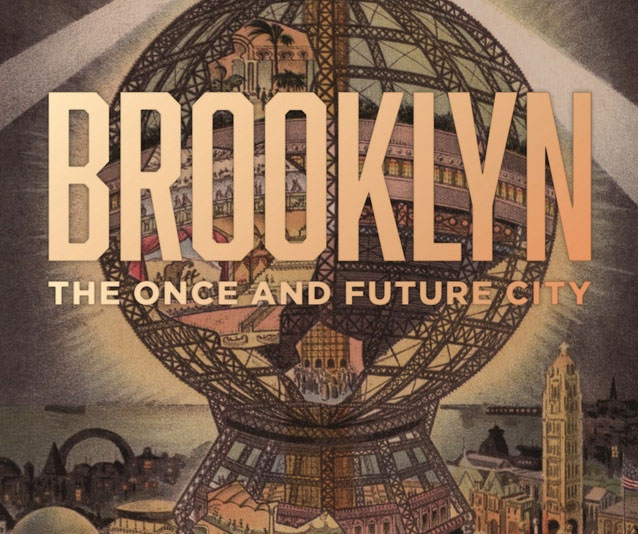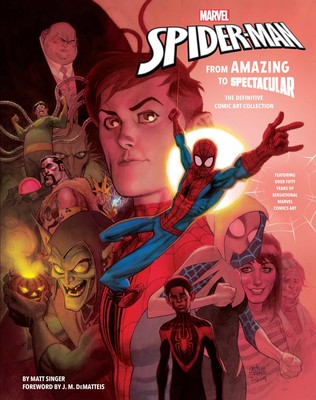
Brooklyn Eagle recently featured author Bill Cheng. Though he is a Brooklyn resident and New York native, Cheng has recently published his debut novel, “Southern Cross the Dog,” which presents a chillingly evocative depiction of the South in the 1920s and 30s. Inspired by his love of the blues, Cheng follows the story of Robert Lee Chatham, a young black man who survives the Great Flood of 1927 in Mississippi. Robert and his childhood friends, whose paths diverge as a result of the flood, endure much hardship in the wake of the Jim Crow era.
From witnessing the horrifying lynching of his brother to being held captive by fur trappers, Robert believes he was cursed by the Devil as an infant. When he finds a glimpse of salvation in the unlikeliest of characters, Robert struggles to reconcile his past and future.
To celebrate the release of his novel, Cheng will appear at Greenlight Bookstore in Fort Greene on Tuesday, May 14. Brooklyn Eagle recently spoke to the author, who told us why he chose to set his novel in 1920s Mississippi and shared with us some of the challenges he faced in writing about a character so unlike himself.
As a native New Yorker living in Brooklyn, what prompted you to write a story set in the South?
First, to clarify, I was living in Queens when I started this book. I’ve lived in Brooklyn for the last two years.
I’ve always been captivated by blues music, particularly the country blues music that came out of the Mississippi Delta. When I was a teenager it spoke to me in a powerful way. In some ways, blues is a very slender, very simple art form, and yet it’s able to communicate so much so elegantly in such a small space. It’s able to carry the weight of these great emotions in a way I don’t think most music has. When I decided to write my first novel, I wanted it to serve as a tribute to that music that I loved so much. And the only way to do that in a way that makes sense to me is to set the novel in Mississippi in the 1920s.
Did you spend much time doing background research to develop your setting and characters?
A good amount, but it’s hard to say what is and isn’t research. Do the 100+ hours of listening to Big Bill Broonzy when I was seventeen count as research? Or admiring Robert Crumb’s portraits of the great blues singers? Or watching Gregory Peck portray Atticus Finch? I got as much out of that as I did reading about levee constructions and studying topographical maps and going over old census data. Research is about trying to understand what it is about the book that fascinates you, that captivates your imagination as the writer. Otherwise it’s just data.
What was the most challenging aspect of writing this book?
I had doubts about inhabiting characters that are so far beyond my own experiences in race, sex, creed, as well as their moments in history. Coupled with the technical difficulties (that is to say, the bread and butter problems of what word to use where), there were questions of conscience I needed to answer for myself. Do I, as an outsider, have the right to tell this particular story? Where are the limits? Are there limits?
These are hard questions and there will be different answers for different people.
To my mind, I think I’ve answered them satisfactorily for myself and having answered them, know better who I am as a writer.
What does your typical day of writing entail?
I wake up at 6 a.m. Get coffee. Write for an hour or two until it’s time to go to work. Then I’ll get home around 6 p.m. More coffee. More writing until about 7:30. Maybe 8 if I’m on a good streak. Get dinner. Go to bed. Lather. Rinse. Repeat. Unless there’s a project that I’m particularly excited about getting done, I’ll take a break during the weekend.
When did you move to Brooklyn, and in which neighborhood are you living?
I moved to Brooklyn about two years ago, in 2011. My wife and I live in Bensonhurst.
What are you reading now?
Part of having published this book is also being suddenly and acutely aware of all the other great fiction out or coming out now. There are about a dozen books that I’ve started but had to unwillingly put down as life became busier and busier– among them: Philipp Meyer’s The Son, Ivy Pochoda’s Visitation Street, Andrew Sean Greer’s The Impossible Lives of Greta Wells, Kate Atkinson’s Life After Life, Catherine Chung’s Forgotten Country, Nick Dybek’s When Captain Flint Was Still a Good Man, Kent Haruf’s Benediction, Jessica Soffer’s Tomorrow There Will Be Apricots, etc. etc. the list goes on! Heap on top of that manuscripts from friends, older books I’ve promised myself to finally read, as well as reading for the next novel and I feel like the target market for one of those debt consolidation companies.
One I’m seeing through to the end though is my re-reading of Alex Gilvarry’s From the Memoirs of a Non-Enemy Combatant. Alex is an old friend from Hunter College and we’re doing an event together at the Greenlight Bookstore on the 14th so I want to be on my toes.
 Are you working on any new projects?
Are you working on any new projects?
Always. All the time. I’d like to throw myself more completely into it, but it’ll be tough promoting Southern Cross the Dog while simultaneously trying to nurture this completely different world.
Cheng will appear at Greenlight Bookstore for a reading and signing on May 14 at 7:30 p.m. Greenlight is located at 686 Fulton St. in Fort Greene.
Bill Cheng received a BA in creative writing from Baruch College and is a graduate of Hunter College’s MFA program. Born and raised in Queens, New York, he currently lives in Brooklyn with his wife. “Southern Cross the Dog” is his first novel.


